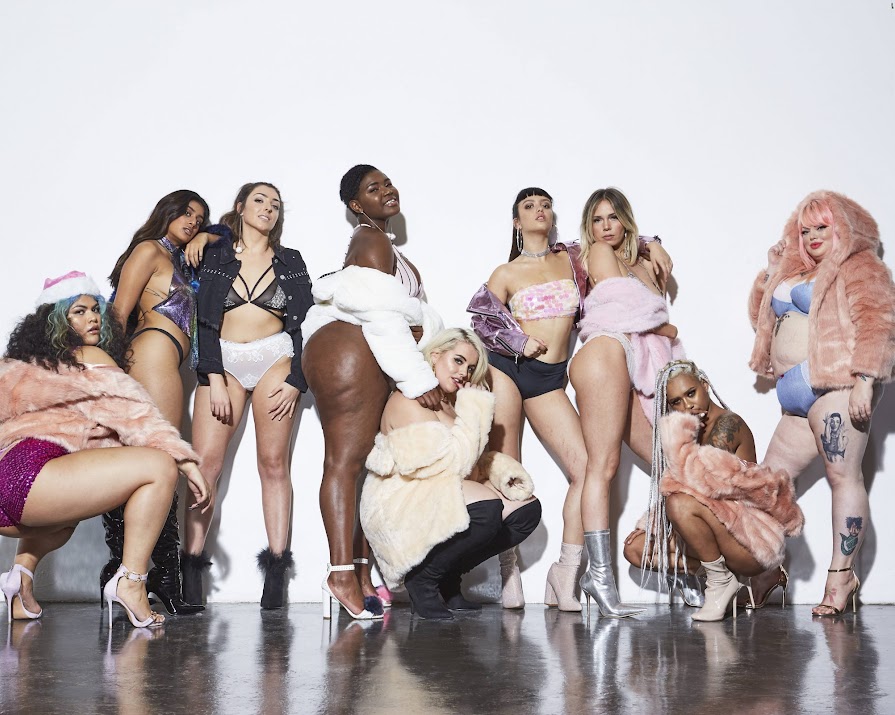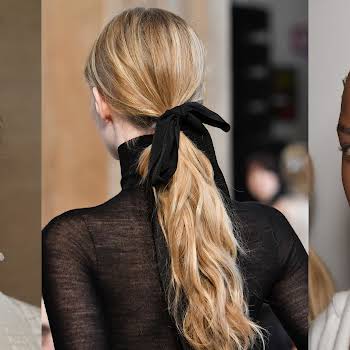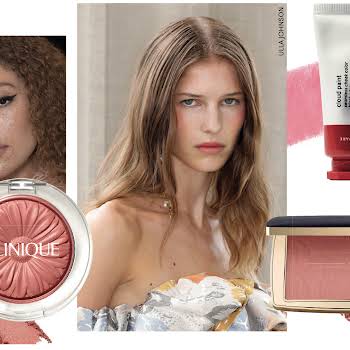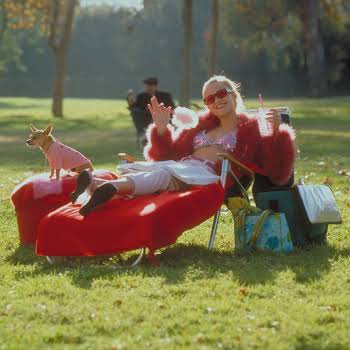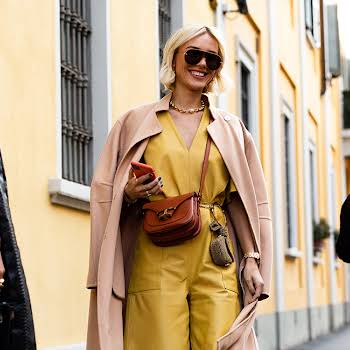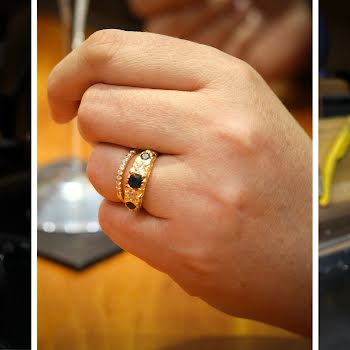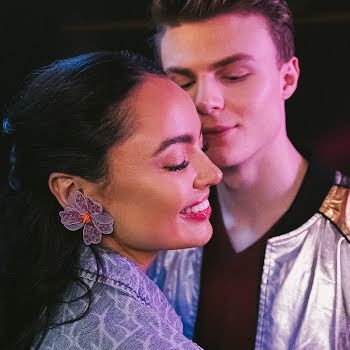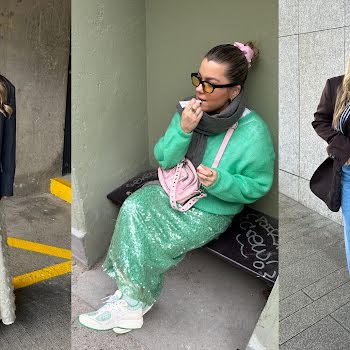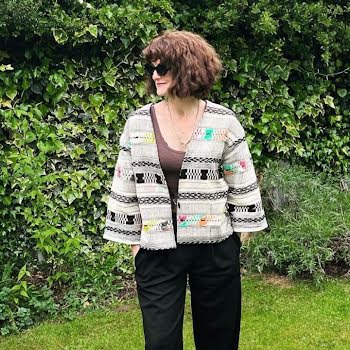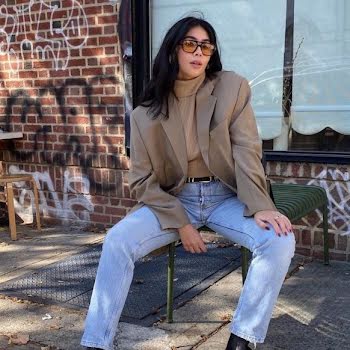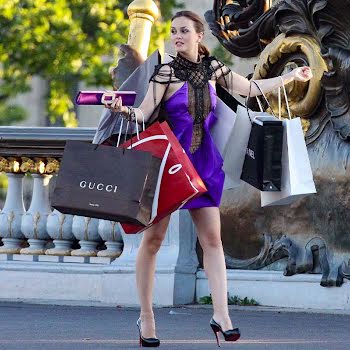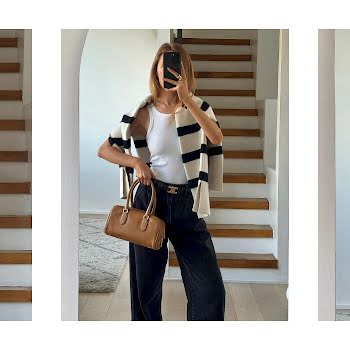
By Niamh ODonoghue
14th Dec 2017
14th Dec 2017
Right now the internet is applauding Missguided for their latest campaign featuring nine beautiful, diverse, non-photoshopped women who are taking a stand against unrealistic beauty barriers. While Missguided’s efforts to challenge beauty perceptions are undeniable and pivotal, this diverse campaign is still lacking diversity.
The ‘Make Your Mark‘ campaign is a movement to inspire and represent, and includes models, body-positive activists, and bloggers — who were chosen to encourage women to “love themselves,” embrace their “flaws,” and reject what “the world perceived as perfection.” But by forgetting to – or choosing not to – include more body types, Missguided has, in essence, excluded some women while trying to represent all. It’s fair to say that the only body types truly catered for here are plus sized and curvy women; but where are the tall, thin, petite and disabled women? The final product, while undoubtedly forward-thinking and positive, does not represent all women and all bodies. The addition of an ethnic nod by default gives this campaign on the surface the perfect diversity cleanse, but in truth, this message isn’t fully inclusive, which is the point of the BoPo movement.
What it does, however, is provide a path for more brands to take responsible ownership of the body positivity space and make necessary improvements (i.e. to strive to include all body types; from petite, small breasted women to women with disabilities). As someone with a physical disability, fashion is a means of self-empowerment. And by taking away the element of inclusivity, you’re taking away my empowerment. Body positivity isn’t about size, shape, weight or race but rather the relationships we develop and nurture with our bodies.

The BoPo movement has entered a critical period where fat-shaming and body positivity have become tangled together to the point where it’s difficult to differentiate a positive plus-size campaign from a body positivity one (case in point; this campaign). Although closely related, they are independent of one another and require delicate understanding. Thankfully there are plenty of active women and men shouting against fat-shaming (go follow Grace Victory and Bethany Rutter) and inclusion for all body types in the fashion and beauty industry (follow Sinead Burke, Paddy Smyth and Ellen Keane).
The last 18 months have been a particular headache for fashion and beauty industries. We – as c0nsumers – are more hyper-vigilant, more responsive, and more aware than ever of false-promises and unappealing call-to-actions, and brands have inadvertently set themselves up for failure with outdated messaging and overly- photoshopped campaigns. The manipulation of images is nothing new. Instagram made filtering the rule as opposed to the exception early on and that has stuck – and gotten worse. That means that campaigns like this (although this is certainly not the first) are more crucial than ever as we enter an important turning point for fashion and beauty industries.
Misguided, I thank you for taking a pledge to never retouch your models, and for empowering women to embrace their flaws, but this is a slightly missguided attempt at inclusion…
Honest advertising in the fashion industry is still a major focus of concern but with more brands making a stand for BoPo movements, it gives me hope that 2018 will see a global turning point for fashion; where the ‘one size fits all’ model will be executed for good. Diversity is something that brands are afraid to fully integrate towards, but little-by-little they’re turning back to the natural form. And that is beautiful to see.











